US election: is there any limit to who Donald Trump can pardon before leaving White House?
President grants clemency to former national security adviser Michael Flynn
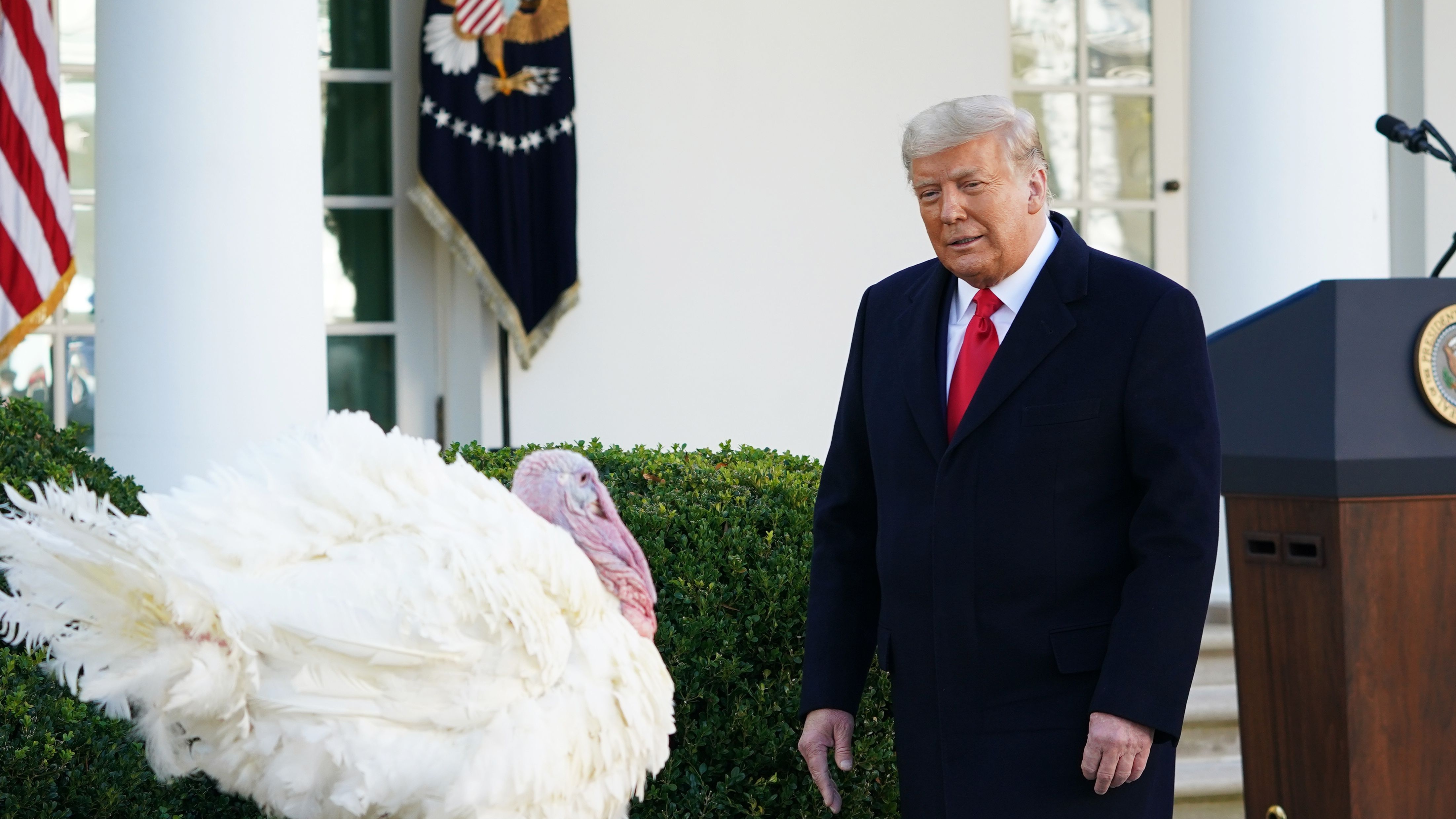
A free daily email with the biggest news stories of the day – and the best features from TheWeek.com
You are now subscribed
Your newsletter sign-up was successful
Donald Trump has pardoned his former national security adviser for lying to the FBI during Special Counsel Robert Mueller’s investigation into Russian meddling in the 2016 election.
In a tweet yesterday, the president said that “it is my Great Honor to announce that General Michael T Flynn has been granted a Full Pardon”. Flynn was forced to resign after just 24 days in the White House when it emerged that he had deceived the White House about a meeting with Russian ambassador Sergey Kislyak before Trump took office.
“A trusted Trump surrogate on the campaign trail”, Flynn subsequently admitted to having had contact with Kislyak before later attempting to retract his confession, The Guardian reports.
The Week
Escape your echo chamber. Get the facts behind the news, plus analysis from multiple perspectives.

Sign up for The Week's Free Newsletters
From our morning news briefing to a weekly Good News Newsletter, get the best of The Week delivered directly to your inbox.
From our morning news briefing to a weekly Good News Newsletter, get the best of The Week delivered directly to your inbox.
Trump has already granted clemency to his long-time ally Roger Stone, who was sentenced to more than three years in prison after being found guilty of obstruction, lying to Congress and witness intimidation during the Mueller investigation.
Flynn, meantime, “had not been sentenced”, but his presidential pardon has “prompted widespread criticism”, says the newspaper. But regardless of such opposition, Trump is expected to offer pardons to a number of key aides before he leaves office in January.
As Reuters reports, “a pardon is not reviewable by other branches of government and the president does not have to give a reason for issuing one” - meaning that Trump could in theory issue them to anyone he chooses in the final days of the presidency.
A presidential pardon ���wipes out a criminal conviction”, but is not absolute and only applies to federal crimes, the news agency continues. So Trump could not issue a pardon to protect “associates from the criminal investigation being conducted by Manhattan District Attorney Cyrus Vance, a state prosecutor”.
A free daily email with the biggest news stories of the day – and the best features from TheWeek.com
Vance is currently pursuing an investigation into allegations of “hush money” payments made by ex-Trump lawyer Michael Cohen to two women, an adult-film star and a former Playboy model, who claim they had sexual encounters with the US leader.
Contrary to popular belief, Trump also cannot pardon himself.
“Most lawyers believe that the Supreme Court - even a conservative one - would never let a president pardon himself,” ITV News says. “That would be an admission that one man is above the law - the president. And America fought a revolutionary war against that concept.”
However, if the long arm of the law was getting a little too close for comfort, Trump could resign from the Oval Office and get Vice President Mike Pence - who would replace him as president - to issue a pardon for him.
Joe Evans is the world news editor at TheWeek.co.uk. He joined the team in 2019 and held roles including deputy news editor and acting news editor before moving into his current position in early 2021. He is a regular panellist on The Week Unwrapped podcast, discussing politics and foreign affairs.
Before joining The Week, he worked as a freelance journalist covering the UK and Ireland for German newspapers and magazines. A series of features on Brexit and the Irish border got him nominated for the Hostwriter Prize in 2019. Prior to settling down in London, he lived and worked in Cambodia, where he ran communications for a non-governmental organisation and worked as a journalist covering Southeast Asia. He has a master’s degree in journalism from City, University of London, and before that studied English Literature at the University of Manchester.
-
 Why are election experts taking Trump’s midterm threats seriously?
Why are election experts taking Trump’s midterm threats seriously?IN THE SPOTLIGHT As the president muses about polling place deployments and a centralized electoral system aimed at one-party control, lawmakers are taking this administration at its word
-
 ‘Restaurateurs have become millionaires’
‘Restaurateurs have become millionaires’Instant Opinion Opinion, comment and editorials of the day
-
 Earth is rapidly approaching a ‘hothouse’ trajectory of warming
Earth is rapidly approaching a ‘hothouse’ trajectory of warmingThe explainer It may become impossible to fix
-
 Maxwell pleads 5th, offers Epstein answers for pardon
Maxwell pleads 5th, offers Epstein answers for pardonSpeed Read She offered to talk only if she first received a pardon from President Donald Trump
-
 Death in Minneapolis: a shooting dividing the US
Death in Minneapolis: a shooting dividing the USIn the Spotlight Federal response to Renee Good’s shooting suggest priority is ‘vilifying Trump’s perceived enemies rather than informing the public’
-
 Trump pardons crypto titan who enriched family
Trump pardons crypto titan who enriched familySpeed Read Binance founder Changpeng Zhao pleaded guilty in 2023 to enabling money laundering while CEO of the cryptocurrency exchange
-
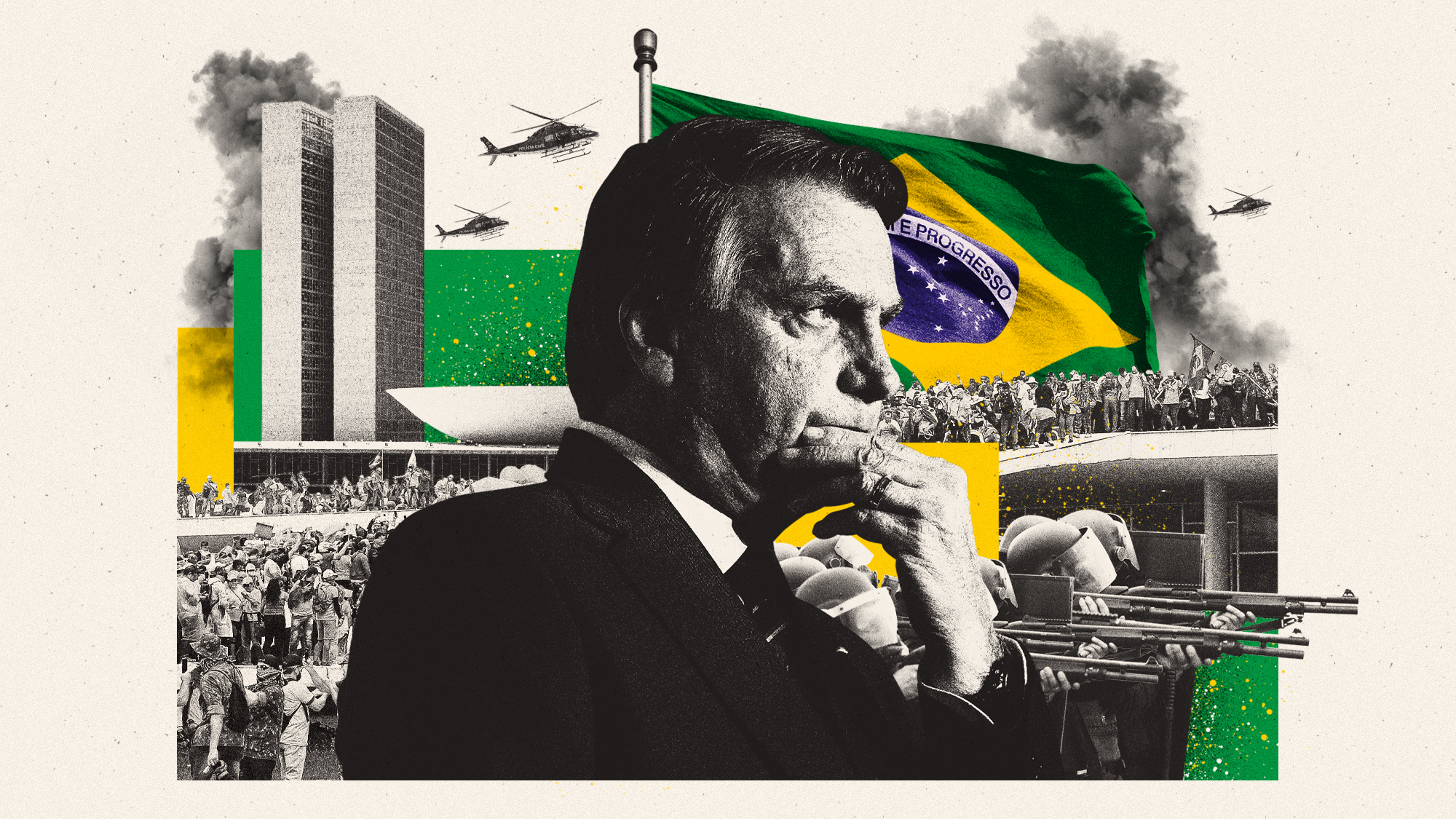 The trial of Jair Bolsonaro, the 'Trump of the tropics'
The trial of Jair Bolsonaro, the 'Trump of the tropics'The Explainer Brazil's former president will likely be found guilty of attempting military coup, despite US pressure and Trump allegiance
-
 Trump lambasts crime, but his administration is cutting gun violence prevention
Trump lambasts crime, but his administration is cutting gun violence preventionThe Explainer The DOJ has canceled at least $500 million in public safety grants
-
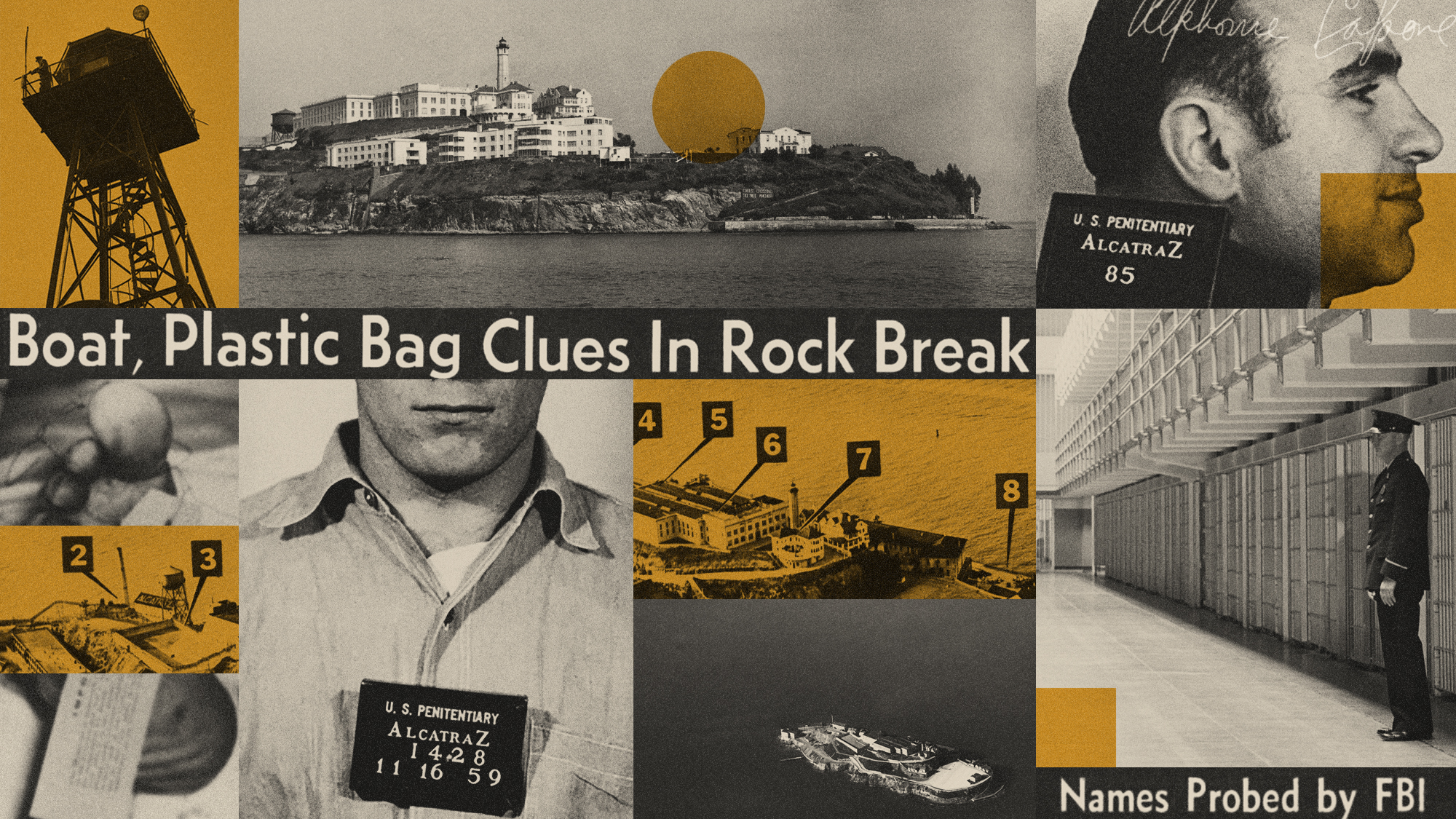 Alcatraz: America's most infamous prison
Alcatraz: America's most infamous prisonThe Explainer Donald Trump wants to re-open notorious 'escape-proof' jail for 'most ruthless and violent prisoners' in the US
-
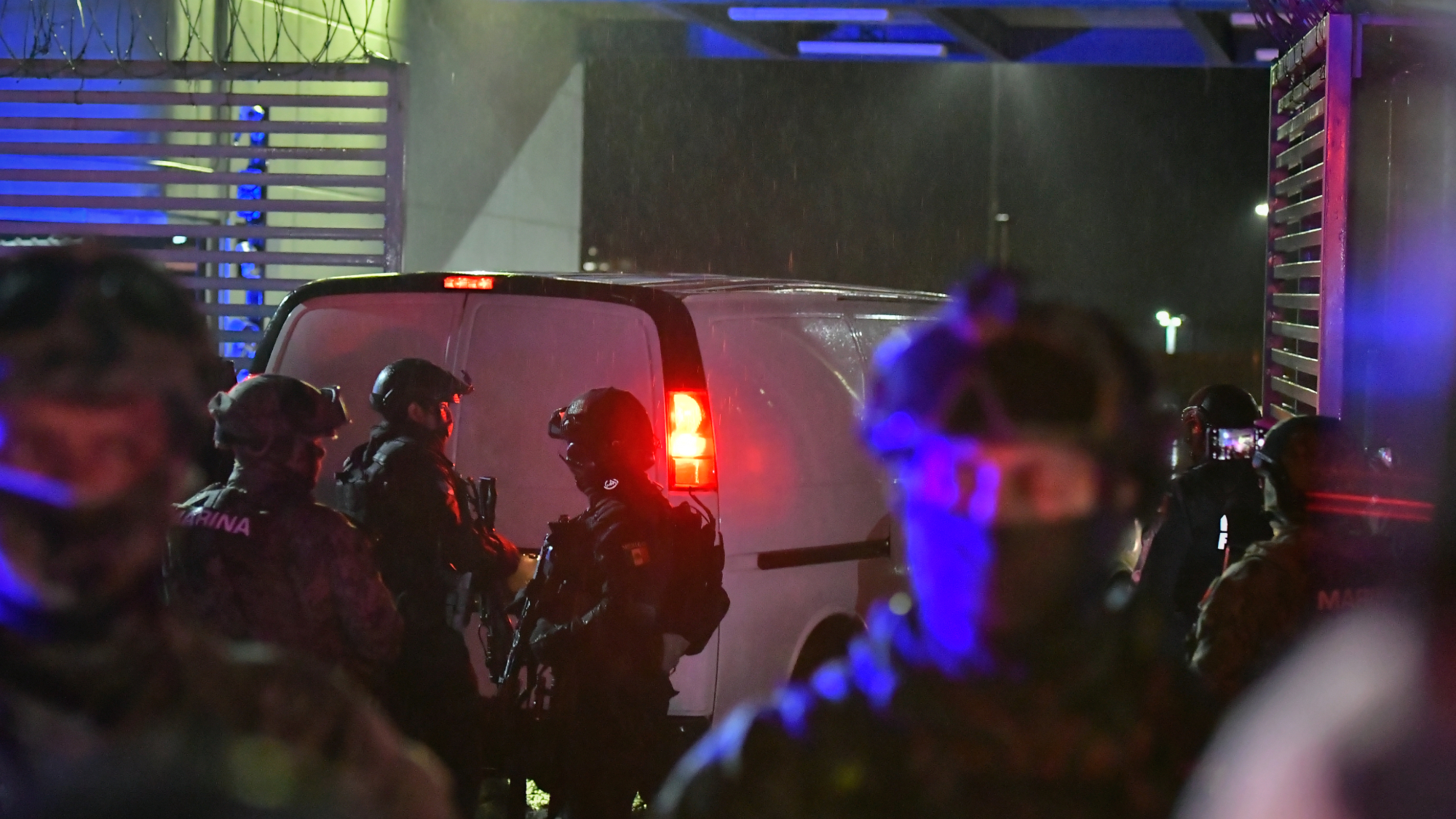 Mexico extradites 29 cartel figures amid US tariff threat
Mexico extradites 29 cartel figures amid US tariff threatSpeed Read The extradited suspects include Rafael Caro Quintero, long sought after killing a US narcotics agent
-
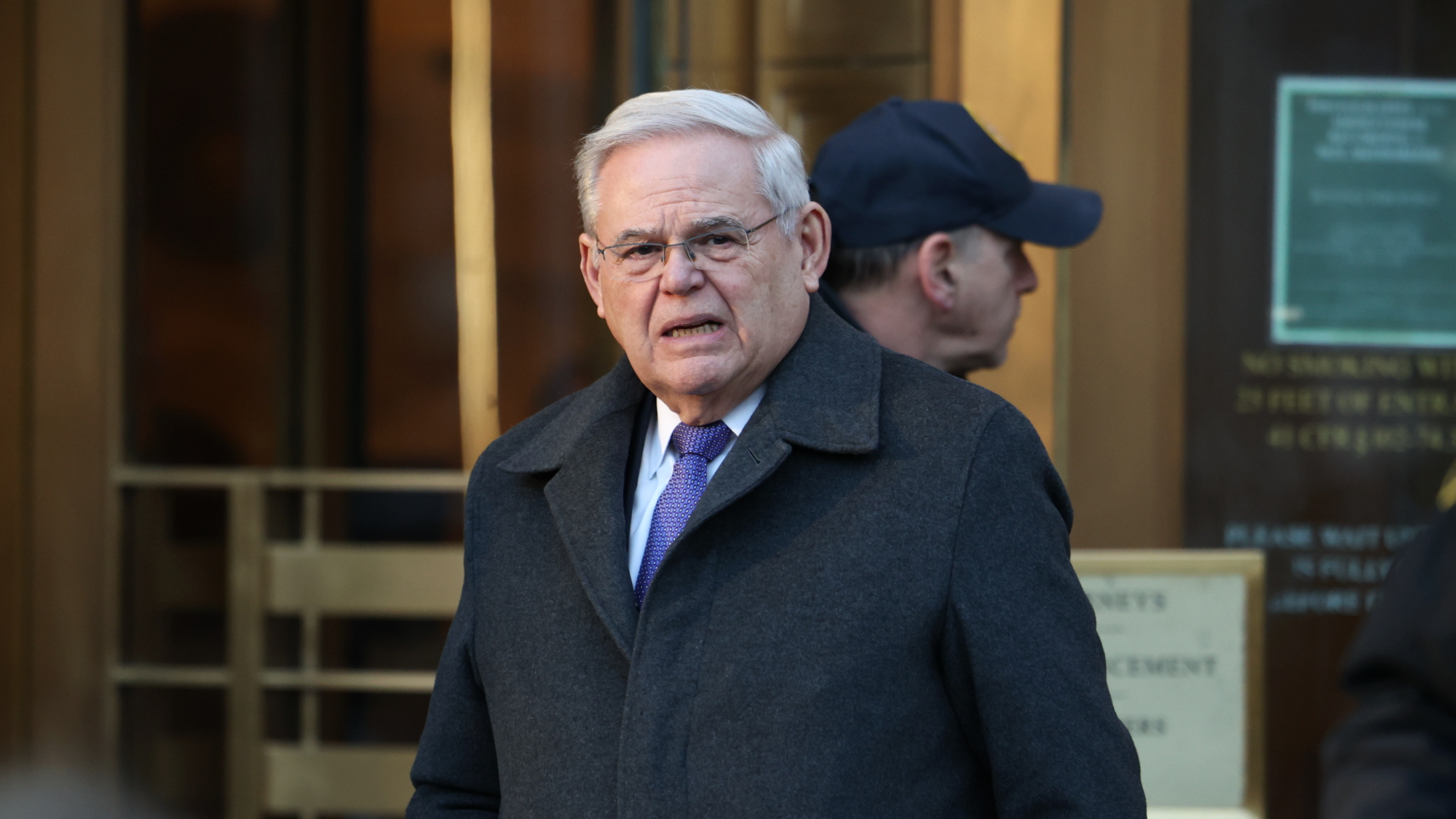 Ex-Sen. Bob Menendez sentenced to 11 years
Ex-Sen. Bob Menendez sentenced to 11 yearsSpeed Read The former New Jersey senator was convicted on federal bribery and corruption charges last year